As a professional...
What are the uses of tin boxes in daily life?
Historically, tin boxes were exclusive containers for nobles and wealthy families to store tea, spices, and medicines. Today, they are used in daily life, collections, and gift packaging due to their practicality and artistic value.
Detailed use of tin boxes
1. Tea and food storage
- Moisture-proof and fresh-keeping: Tin has excellent sealing properties and can effectively isolate air and moisture, prevent tea from oxidation and moisture, and maintain its aroma and taste. High-grade tea (such as Pu'er tea and Longjing) is often stored in tin boxes.
- Extend the shelf life of food: Suitable for foods that are susceptible to moisture and deterioration, such as coffee beans, chocolate, and dried fruits. Tin boxes can block light and odors to maintain the original flavor of food.
2. Preservation of medicines and health products
- Protect from light and prevent deterioration: Some medicines (such as Chinese medicine pills and vitamins) need to be stored away from light, and the light-shielding property of the tin box can slow down the decomposition of drug ingredients.
- Design to prevent children from opening by mistake: Some tin boxes are equipped with push-type sealing lids, which are both safe and practical.
3. Protection of collectibles and valuables
- Anti-oxidation and anti-rust: Coins, stamps, silver jewelry and other easily oxidizable items can be stored in tin boxes to avoid sulfurization and blackening.
- Art collection: Antique tin boxes themselves have craftsmanship value and are commonly seen in the collection market, such as carved tin boxes in Victorian Europe.
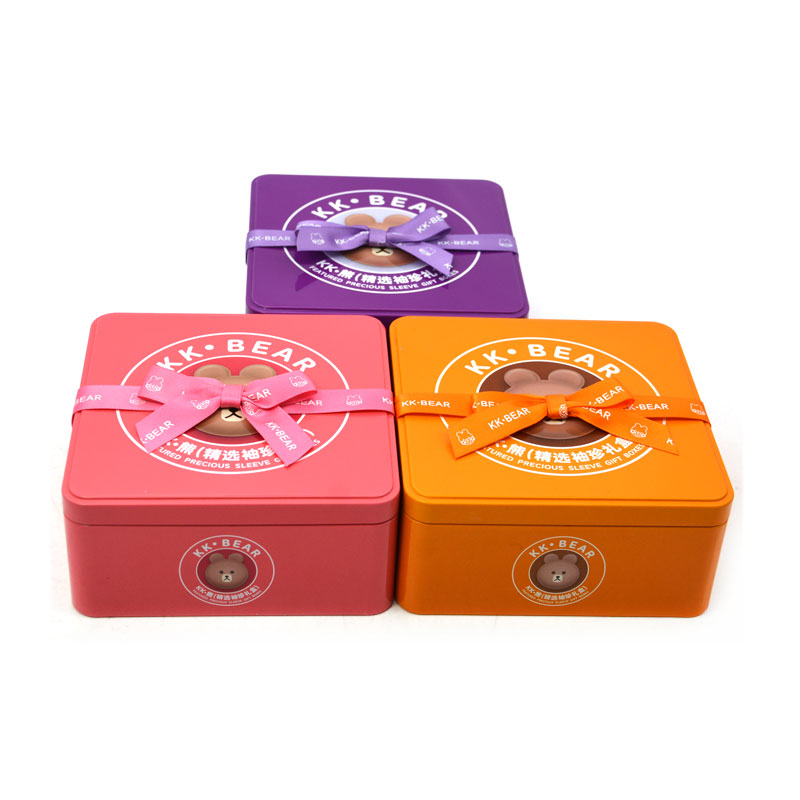
4. Gift and decoration purposes
- High-end gift packaging: Wedding candies and souvenirs are often packaged in customized tin boxes to enhance the grade, such as the classic tin boxes of the well-known chocolate brand Godiva.
- Home decoration: Retro tin boxes can be used as desktop storage or decorative ornaments to add a nostalgic atmosphere.
5. Special industrial and laboratory applications
- Chemical reagent storage: Some reagents in the laboratory that require high metal inertness will choose tin containers.
- Electronic component protection: The electromagnetic shielding performance of tin can be used for anti-interference packaging of precision electronic components.
6. Environmental protection and sustainability
- Recyclable: Tin boxes are sturdy and durable, can be used repeatedly, reduce disposable packaging waste, and conform to the concept of environmental protection.
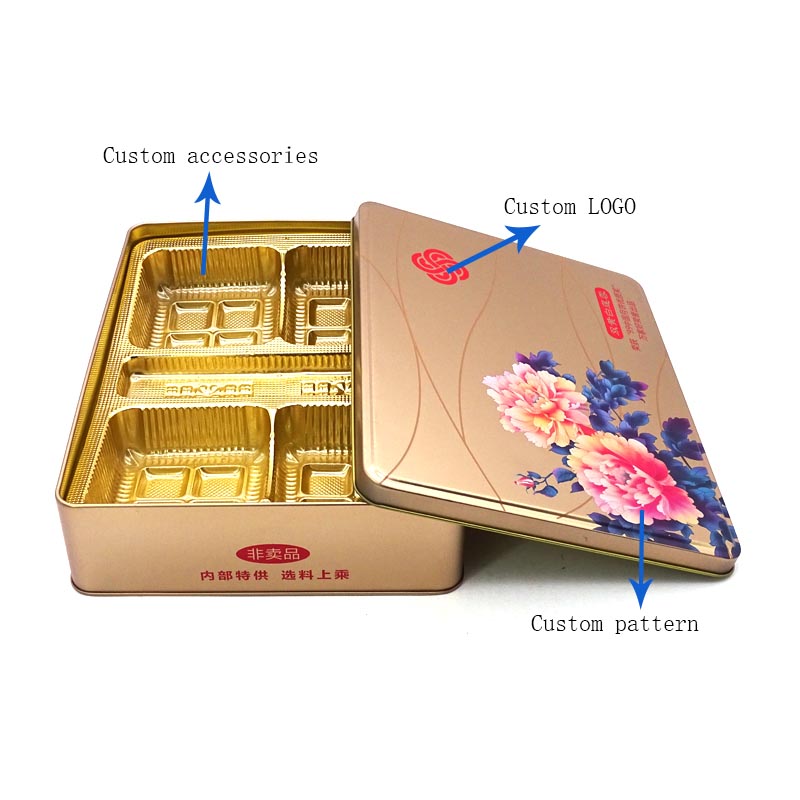
Tips for tin box maintenance
- Avoid high temperatures: Tin has a low melting point (about 232°C), do not approach fire or expose for a long time.
- Regular cleaning: Wipe with a soft cloth dipped in neutral detergent to avoid scratching the surface with hard objects.
- Dry storage: When not in use for a long time, it can be lined with soft paper to prevent friction and stored in a dry place.
Tin boxes are not only functional containers, but also carry the inheritance of culture and craftsmanship. Whether it is practical or aesthetic value, it has a place in modern life.
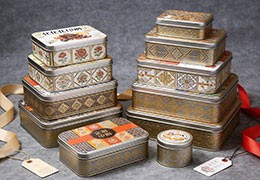
.png)
.jpg)
.jpg)
.jpg)
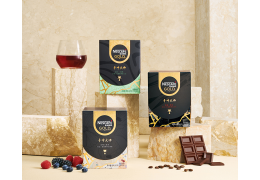
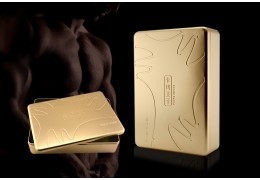
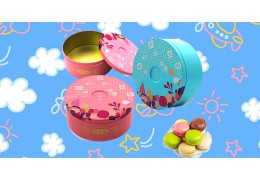
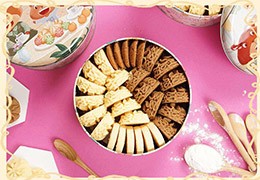
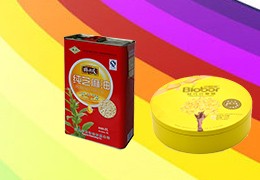

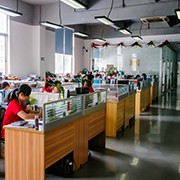


Latest comments